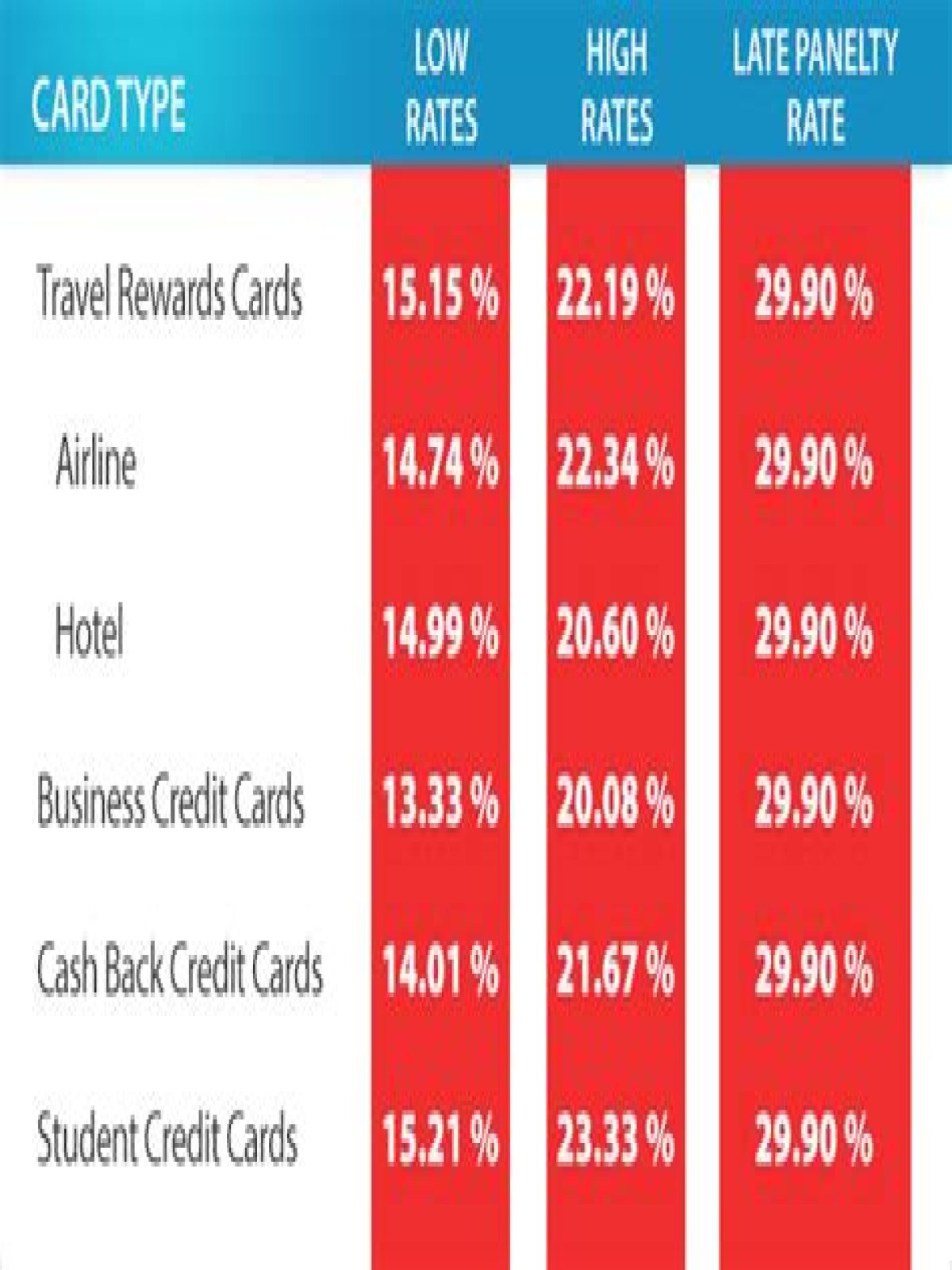The current highest credit card interest rate is 36%. That’s on the new First PREMIER® Bank Credit Card. The next highest credit card interest rate seems to be 34.99%, charged by the Total VISA® Credit Card and the First Access VISA® Credit Card.
Are credit cards subject to usury law?
Usury laws cap the interest rates that can be charged on a line of credit or loan. More than half of all U.S. states today have usury laws in place, and each dictates its own maximum legal limit. However, they have no effect on most credit cards, thanks to effective deregulation that began in the ’70s.
Is there a legal rate of interest for credit cards?
Lenders might be able to bypass a legal rate of interest through similar methods used to circumvent usury laws. For instance, credit card providers are allowed to charge interest rates based on the state where the company is incorporated rather than the states where their customers live.
Can a National Bank charge the highest interest rate?
Usury law sets a limit on the amount of interest that can be charged on different kinds of loans. Most states have usury laws, however, national banks can charge the highest interest rate allowed in the bank’s home state not the cardholders.
What’s the maximum interest rate a lender can charge?
Each state has a Usury law that limits the amount of interest a lender can charge. It is a good idea to check your state’s usury laws before signing loan agreements. The loan agreement should not have an interest rate that exceeds the state’s usury limit. *FRDR= Federal Reserve Discount Rate – more info here The limit is 8%.
Which is the highest legal rate of interest?
The legal rate of interest is the highest amount of interest a lender can charge a borrower on a debt. The legal rate of interest will differ based on jurisdiction – in the U.S. each state defines its own legal interest rate. The legal rate of interest is related to the practice of usury and usury laws.
